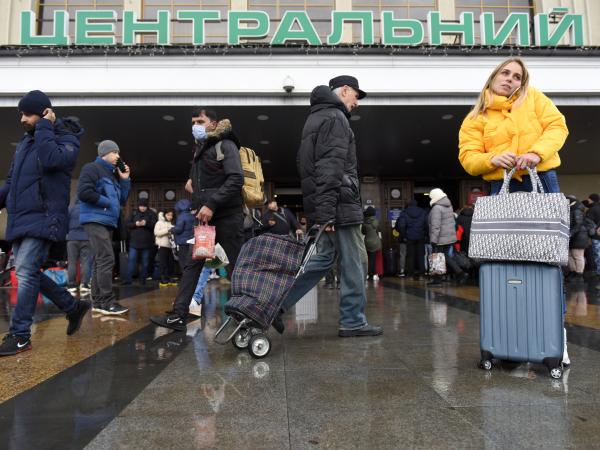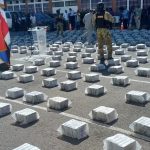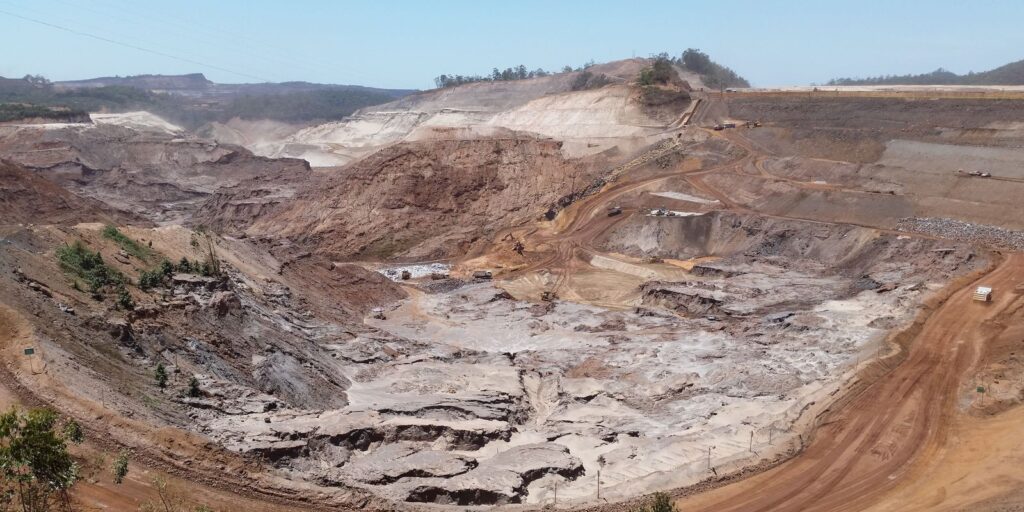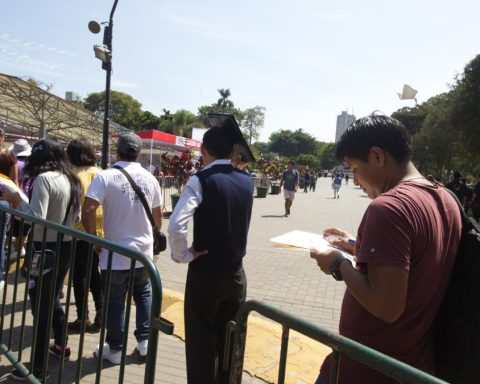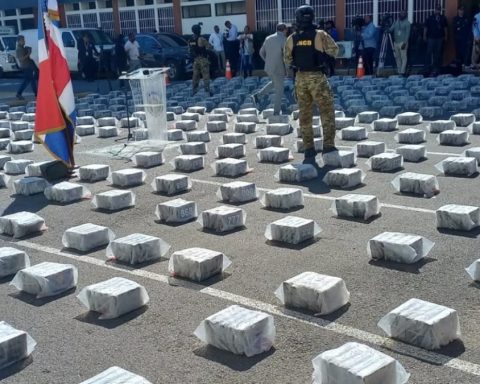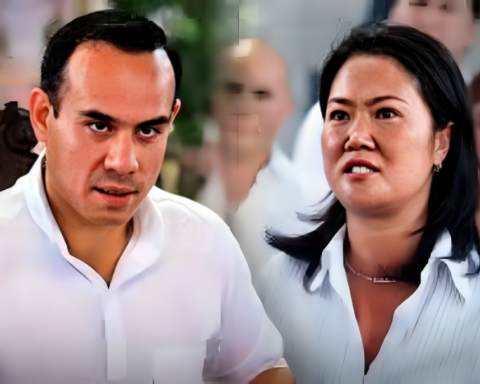Russia’s military operation on Ukrainian territory has world markets in tension. The objective of avoiding the linking of Ukraine to the European Union NATO has already intensified the conflict.
(Read: EU to freeze Putin’s assets after Ukraine invasion).
The United States and the European Union have imposed measures to restrict the access of the Russian government and its officials to their capital markets and financial services. However, the main latent risk is that Russia will respond with cuts in the energy supply to Europe or that such sanctions be extended to companies, especially those in charge of developing oil and gas projects, according to Credicorp Capital.
This possible interruption of the energy supply has triggered the prices of raw materials. putting on risk economic growth of several countries and raising concerns about inflation.
INFLATION AND MONETARY POLICY
After Russia’s military incursion into Ukraine, the market response has been a risk aversion as usual. In this sense, short-term inflationary pressures from energy raw materials will be incorporated, according to the company. Implying, then, a harmful effect on the capacity for global economic growth.
The financial holding explains that the pressure on the costs of inputs occurs at a time of slowdown in economic growth from various countries in the world. Caused by the absence of large fiscal packages that were implemented with the start of the pandemic.
(Keep reading: The OECD closes the door to Russia).
That is why the best performing assets “in scenarios of shocks to global economic growth, they are the ones that have offered the best protection in the last days of negotiation, especially after the military activities in Ukraine”, they explain.
This is how the pressure on energy inputs increases the probability of a recession in several countries for the next 12 months. This would be indicated by the Treasury rate that has fallen in recent days. This tendency to flatten can be carried over the long term and perpetuated by the economic slowdown.
For their part, global stock indices have reacted with downward pressure in most markets. In this process, the role of the Federal Reserve to contain the situation.
“Ultimately, everything will depend on the duration and intensity of the escalation of the geopolitical conflict.”, points out the Credicorp Capital report.
EFFECTS ON OIL AND NATURAL GAS
Germany has halted the Nord Stream 2 pipeline project, intended to bring Russian gas to Europe.
EFE
The conflict has exacerbated the increase in the prices of raw materials, which had been taking place since 2021. An effect that was felt, at first, by the oil. According to Credicorp Capital, this is because the conflict is taking place in a sensitive region for this type of commodity.
According to OPEC, Russia’s crude oil production was 9.95 MM barrels per day (mb/d) in December 2021, which represents the 10% of world oil supply. Now for natural gas, Europe’s dependence on Russian supplies is significant.
(What’s more: Conflict between Russia and Ukraine from A to Z).
About a third of the natural gas imports of the European Union come from Russia, while Ukraine has a production capacity of more than 140 thousand million cubic meters and the world’s largest transit infrastructureas explained by Credicorp Capital.
All this as a result of the construction of the Nord Stream 2 pipelinethrough the Baltic Sea, which was the beginning of the direct supply from Russia to Germany to prevent the flow from passing through Ukraine.
According to the European Commission, Russia has “instrumentalized energy to put pressure on Ukraine and the European Union” in pursuit of its interests. In this sense, the sanctions, from different sources, could imply the reduced supply of energy goods on the European continent.
Finally, this is what the sanctions that are being applied to Russia aim at: destabilizing the strategic sectors that sustain the country.
“Although in principle the general increase in the prices of raw materials could be positive for exporting economies, such as some in Latin America, if geopolitical tensions and volatility continue in the coming months, the feeling of risk aversion would continue to affect financial assets , would put further pressure on inflationary dynamics and would end up ostensibly increasing the risks of a global recession”, explains the financial holding company.
(Read: Moscow stalks Kiev and threatens Finland).
In turn, this would imply that Europe increases its efforts to look for other countries that can provide it with gas or oil instead of Russia.
BRIEFCASE
